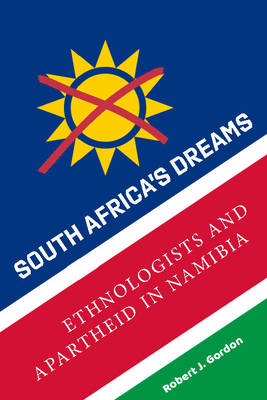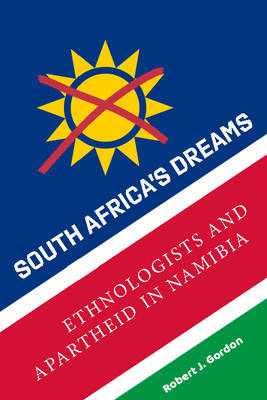
En raison d'une grêve chez bpost, votre commande pourrait être retardée. Vous avez besoin d’un livre rapidement ? Nos magasins vous accueillent à bras ouverts !
- Retrait gratuit dans votre magasin Club
- 7.000.000 titres dans notre catalogue
- Payer en toute sécurité
- Toujours un magasin près de chez vous
En raison de la grêve chez bpost, votre commande pourrait être retardée. Vous avez besoin d’un livre rapidement ? Nos magasins vous accueillent à bras ouverts !
- Retrait gratuit dans votre magasin Club
- 7.000.0000 titres dans notre catalogue
- Payer en toute sécurité
- Toujours un magasin près de chez vous
124,45 €
+ 248 points
Description
In the early sixties, South Africa's colonial policies in Namibia served as a testing ground for many key features of its repressive 'Grand Apartheid' infrastructure, including strategies for countering anti-apartheid resistance. Exposing the role that anthropologists played, this book analyses how the knowledge used to justify and implement apartheid was created. Understanding these practices and the ways in which South Africa's experiences in Namibia influenced later policy at home is also critically evaluated, as is the matter of adjudicating the many South African anthropologists who supported the regime.
Spécifications
Parties prenantes
- Auteur(s) :
- Editeur:
Contenu
- Nombre de pages :
- 202
- Langue:
- Anglais
Caractéristiques
- EAN:
- 9781789209747
- Date de parution :
- 05-02-21
- Format:
- Livre relié
- Format numérique:
- Genaaid
- Dimensions :
- 152 mm x 229 mm
- Poids :
- 444 g

Les avis
Nous publions uniquement les avis qui respectent les conditions requises. Consultez nos conditions pour les avis.






